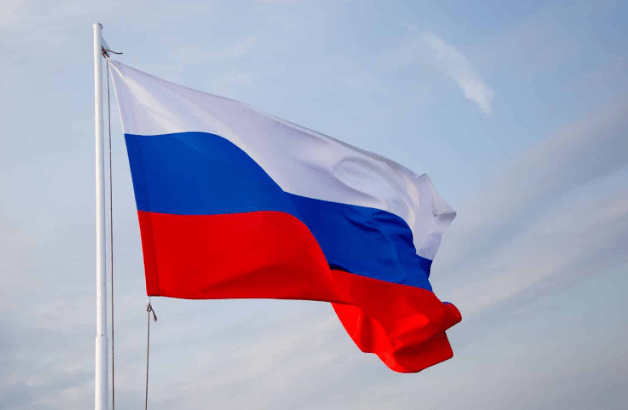In a significant escalation of its stance against Moscow, the European Union is poised to curb visa access for Russian citizens, ending most multi-entry Schengen permits, according to three senior European officials.
The decision marks another pointed response from Brussels as it continues to apply pressure on the Kremlin over its ongoing war in Ukraine.
Once implemented, the new regulations will see Russian applicants largely limited to single-entry visas, with only a few exceptions, mostly humanitarian cases or individuals holding dual EU citizenship.
EU Prepares Harsh Visa Clampdown for Russian Travellers
Following the suspension of the EU-Russia visa facilitation agreement in late 2022, in the wake of Russia’s full-scale invasion of Ukraine, the bloc made obtaining a visa both tougher and costlier for Russian nationals.
Some member states went further, imposing near-total bans. Countries like Estonia, Latvia, and Lithuania have effectively shut their doors to most Russian visitors.
Despite these efforts, over 500,000 Schengen visas were still granted to Russians in 2024, European Commission data shows.
That’s a notable increase from 2023, yet still a dramatic drop compared to pre-war numbers; over 4 million visas were issued to Russian nationals in 2019.
“The new measures are part of a broader strategy to limit Russian influence within the EU and to counter potential security threats,” a senior EU diplomat said.
Schengen Entry to Be Severely Limited
Under the forthcoming changes, Russians will find it significantly harder to move freely across European borders.
The European Commission has no power to impose a full visa ban, as visa issuance remains under the control of individual member states, but it is coordinating a continent-wide tightening of requirements.
The new rules, expected to be officially adopted later this week, aim to standardise a stricter approach. While some EU nations like Hungary, France, Spain, and Italy have been more lenient with tourist visas, the updated strategy is likely to close those gaps.
From over 4 million in 2019 to just half a million in 2024, Russian access to Europe is shrinking fast and it’s about to get even harder under the EU’s latest visa crackdown.
Diplomats in the Crosshairs Too
As part of its upcoming 19th package of sanctions, the EU is also targeting the movements of Russian diplomats.
Officials will now be required to notify local authorities before travelling across the Schengen Area, a step aimed at disrupting what the Commission describes as “increasingly hostile intelligence activities” linked to Russian diplomatic missions.
This forms part of a broader strategic shift as the EU seeks to redefine how it leverages visa policy not just as a tool of diplomacy, but also as a deterrent against adversarial state actions.
Unified Visa Policy Incoming
Next month, the Commission is expected to unveil a comprehensive, EU-wide visa strategy. The framework will provide guidance to member states on how to better align their national visa policies, particularly towards hostile nations.
One of the key recommendations is the implementation of tighter screening criteria for Russian applicants.
This strategy isn’t just about limiting tourism. It’s about using the EU’s collective border policy as a shield against geopolitical threats.
Expect further restrictions. The latest move signals a shift towards a firmer, more coordinated visa stance across the EU. For Russian citizens hoping for easier access to Europe, the window appears to be closing fast.
The bloc’s message is clear: Until there’s a change in Moscow’s course on Ukraine, travel privileges for Russian nationals will remain under severe scrutiny.






